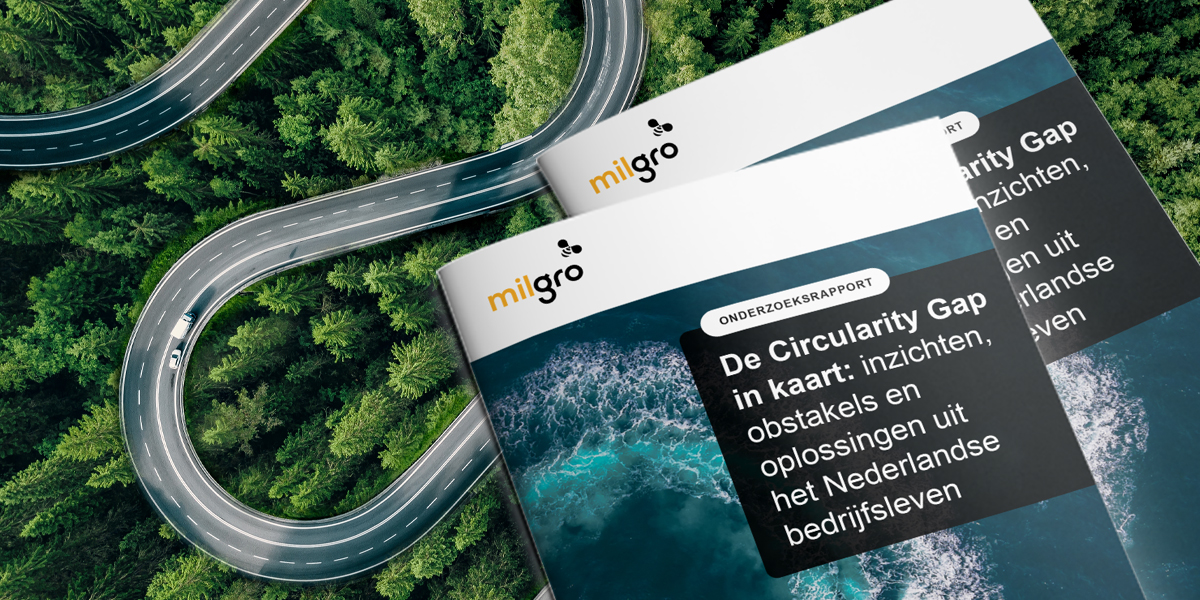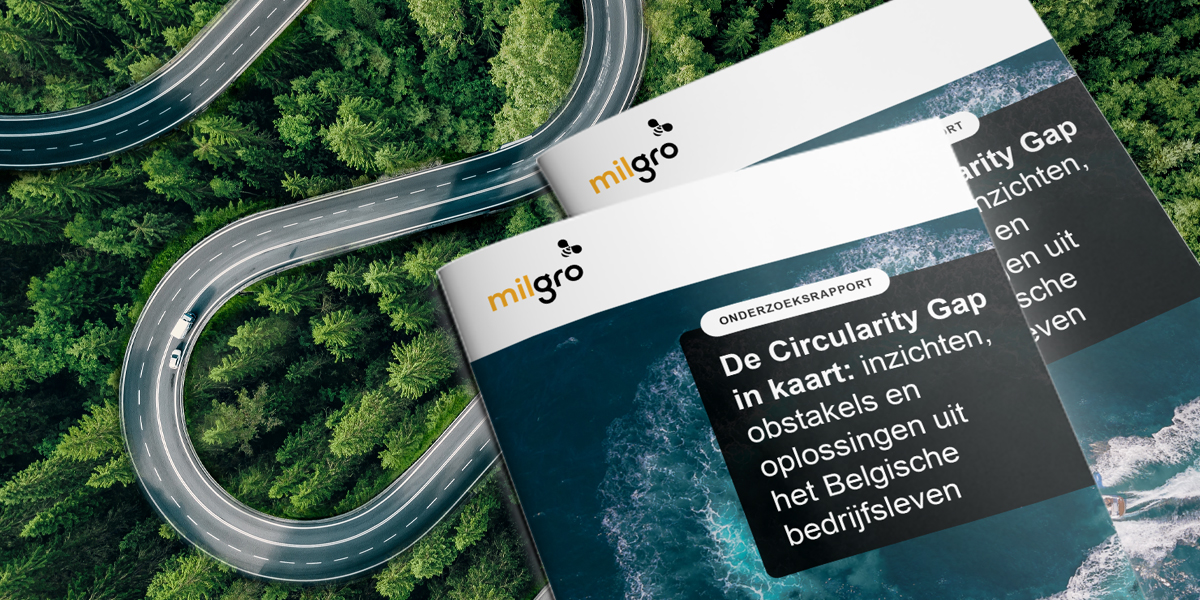Financial incentive needed to make strides
Rotterdam, July 10, 2025 - A lack of regulations is hampering the circular ambitions of Dutch organizations. For example, 42 percent of companies believe that without stricter legislation, the sector will never become truly circular . This is according to research by waste and raw materials manager Milgro among 311 decision makers. In addition, half (49 percent) believe that the government is doing too little to support companies in the transition to a circular economy. Interestingly, 41 percent even believe that the government makes circular business more difficult than it promotes
Government as partner
Companies see the government as a partner in shaping circular policies. For 32 percent of the organizations, government measures play a major role in determining their circular ambitions. Companies are therefore not asking for fewer rules, but for clearer rules. So what can the government do to give companies a circular push? Financial incentives appear to be a decisive factor: a third of organizations (31%) indicate that financial incentives or subsidies would help them to actually take circular steps.
Taking action themselves
A quarter of companies believe that organizations that do not invest in sustainability in the near future will disappear. When asked what would move their own organization toward the circular transition, one reason clearly stands out: cost savings. As many as 56 percent cite this as their primary driver. Other motives are cooperation in the chain (37%), political policy (such as the European Green Deal) (31%), market developments (31%), external pressure (from customers, partners or competitors) (27%) and image improvement (25%).
Gijs Derks, director at Milgro: "As long as companies and government continue to point at each other, the circular transition will not get off the ground. Many organizations want to, but get stuck on unclear rules and the lack of financial incentives. The government must create clear frameworks, but taking the first circular steps is and remains the responsibility of the organizations themselves. Those who continue to wait for perfect policies will remain stagnant."
About the study
Commissioned by Milgro, Markteffect conducted a survey of 464 decision makers in The Neterlands (311) and Belgium (153) in April 2025. The target group consisted of senior and middle management, with responsibilities in procurement, facility management, environment or sustainability. All sectors of the Dutch business community were represented, making the survey a representative picture of the state of affairs regarding circularity within organizations in the Netherlands.
About Milgro
Milgro aims for a world free of waste in 2040. With 135 employees, Milgro connects companies where waste is released with organizations that process waste or reuse raw materials. Through a data-driven and user-friendly dashboard, companies gain full control over their waste management. From operational handling to reports such as the CSRD: everything is in one control tool. Together with a large network, Milgro is building a circular future in which raw materials never again become waste.













